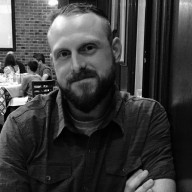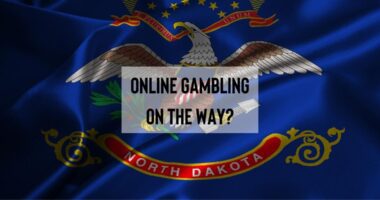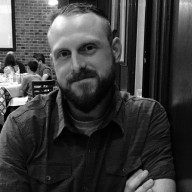North Dakota tribal gaming authorities and the state’s government haven’t necessarily been on the best of terms lately. A possible expansion of North Dakota gambling could act as an olive branch between the parties soon.
Not everyone in the state is enthused about the possibility of tribal casinos expanding their control over gaming within North Dakota’s borders, though. The new compact terms could be simply hypothetical for some time, however.
North Dakota gambling terms could change soon
In North Dakota, a coalition of five Indigenous Peoples Groups operate three casinos. The Dakota Nation Gaming Enterprise (DNGE) already enjoys exclusivity within the state when it comes to Class III gaming like in-person sports betting, slots, poker, and table games.
The DNGE has now proposed to the state new compact amendments that would expand that exclusivity into online gambling. The proposed terms would encompass not only online sports betting but online casino play as well.
Federal law regarding online gambling via gaming compacts is a matter of litigation currently. Especially on non-tribal lands, these compact terms could effectively block other interested parties in the state from capitalizing on the dormant market. That’s exactly what has some in the state upset.
E-tab operators make their case
A big part of the reason for the strain between North Dakota and the DNGE is a 2017 law that authorized charitable gambling in the state. While the state is still working to update regulations on the electronic pull-tab machines some of the charitable gaming companies offer, tribal casino operators have maintained their availability has cut into their revenues.
The Associated Press reported on Monday that some of the e-tab operators expressed opposition to the compact amendments during a public meeting. In a similar fashion, they argued the legalization of online gambling in North Dakota would harm their businesses.
Comments from North Dakota Gov. Doug Burgum suggest he doesn’t buy that premise, however. Burgum stated the data doesn’t support that conclusion. The North Dakota legislature meets in odd-numbered years. Meaning that body could weigh in on new pull-tab rules and amendments to the gaming compacts in 2023.
There are other outstanding legal issues that neither Burgum nor the legislature has any power to mitigate.
How soon could online casinos launch in North Dakota?
The answer to that question depends on the scope you’re considering. One example of the legal obstacles is the current interpretation of the federal Indian Gaming Rights Act. That bars gaming compact holders from offering online gambling on non-tribal lands.
Thus, in order for online casino and sports betting to happen statewide in North Dakota via a compact between the DNGE and the state, that status quo would have to change. At the same time, with compact approval, the DNGE could offer online gaming on sovereign territories within the state.
Alternatively, the DNGE and the state could sidestep the issue and form a commercial agreement without a compact amendment. It’s uncertain how much support for such a partnership exists in the legislature, though. Pull-tab operators could figure into that situation through lobbying efforts.
Assuming Burgum and the DNGE agree to compact terms and the amendments get federal approval, on-reservation online gambling could theoretically begin sometime in 2023. While that’s mere theory right now, just the idea has pull-tab operators in the state criticizing Burgum.


